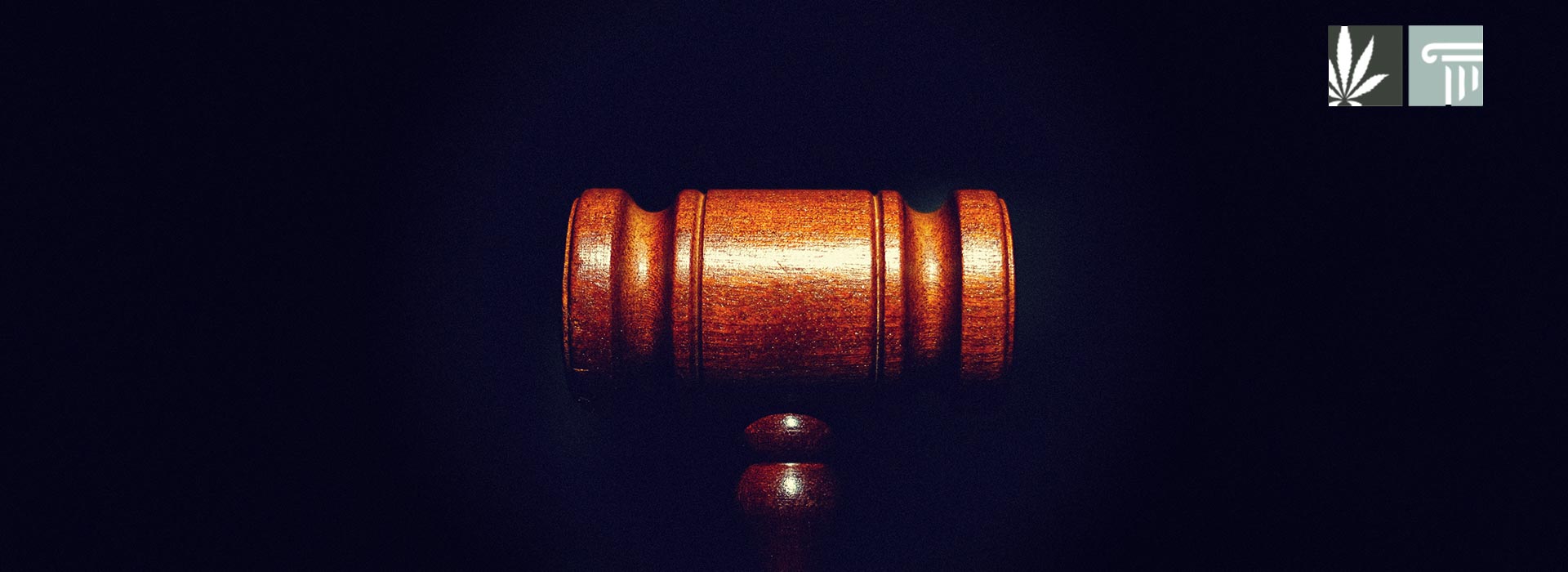The South Dakota Supreme Court ruled that last year’s voter-approved recreational cannabis legalization ballot measure be overturned for violating the state’s single-subject rule for constitutional amendments.
The justices voted 4 to 1 in favor of upholding the decision of a circuit court judge in February this year, who deemed the measure – Constitutional Amendment A – too broad to be valid under South Dakota’s electoral standards.
The lawsuit against the successful ballot measure, which would have legalized adult-use possession and sales of cannabis, was filed by two law enforcement officials with the help of taxpayer funds facilitated by Gov. Kristi Noem’s administration.
South Dakota is a place where the rule of law and our Constitution matter, and that’s what today’s decision on Amendment A is about. We do things right – and how we do things matters just as much as what we are doing. We are still governed by the rule of law.
— Governor Kristi Noem (@GovKristiNoem) November 24, 2021
A court press release states the justices “determined that the provisions of Amendment A embraced three separate and distinct subjects.”
“In reaching its decision, the majority opinion explained that the provisions involving recreational marijuana, hemp, and medical marijuana each have separate objects and purposes, which were not dependent upon or connected with each other,” the statement reads. “The drafters’ failure to comply with the single subject requirement in the South Dakota Constitution Article XXIII, § 1 meant that voters were unable to separately vote on each distinct subject embraced in Amendment A.”
In its written opinion, the four justices who ruled in favor of striking down Amendment A said the Supreme Court “long ago emphasized the significance of the constitutional requirement ensuring voters are afforded an opportunity to vote separately on each separate subject contained in a proposed amendment.”
It continues that “any statement of the object or purpose of Amendment A divorced from a review of the provisions contained therein and their connectedness to one another runs the risk of defining the object or purpose based on various policy objectives sought to be attained by the drafters of this Amendment. It also runs the risk of defining the object or purpose too narrowly or too broadly.”
The justices then state the violation is not based on the proposal containing multiple provisions, but that it contained “more than one subject, with different objects or purposes, that are not dependent upon or connected with each other.”
The adult-use legalization ballot measure was instigated by the group South Dakotans for Better Marijuana Laws (SDBML), who also appealed the circuit court’s initial ruling.
“We believe that this ruling from the South Dakota Supreme Court is extremely flawed,” said Matthew Schweich, campaign director for SDBML. “The court has rejected common sense and instead used a far-fetched legal theory to overturn a law passed by over 225,000 South Dakota voters based on no logical or evidentiary support.”
Though disappointed with the outcome, SDBML had anticipated it by starting a two-track plan to push the reform through next year.
Legislative leaders have recommended the legislature consider some kind of recreational cannabis reform in the next session, while SDBML is busy collecting signatures to qualify another legalization measure for next year’s ballot.
The recommendation was made by the Marijuana Interim Study Committee and accepted by the legislature’s Executive Board, which is headed up by the Senate president and House Speaker.
Sen. Bryan Breitling indicated the legislature will look at two recreational marijuana legalization bills as well as 23 proposals concerning the state’s medical cannabis program, which was also approved through a ballot measure last year but faced no legal opposition.
One of the draft cannabis reform bills approved by the committee would legalize possession and sales of marijuana up to one ounce for adults 21 and older. It differs from Amendment A in prohibiting home grows of marijuana for personal use and only permitting indoor commercial cannabis cultivation.






